Bollywood And Sons
Jul 07, 2019 • 11 views
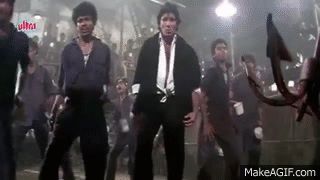
Jumma chumma de de is a song from the 1991 movie Hum where the heroine gets asked for a kiss by a bunch of men including the hero. Her refusal is met with a steady persistence and by the end of the sequence she happily gives in.
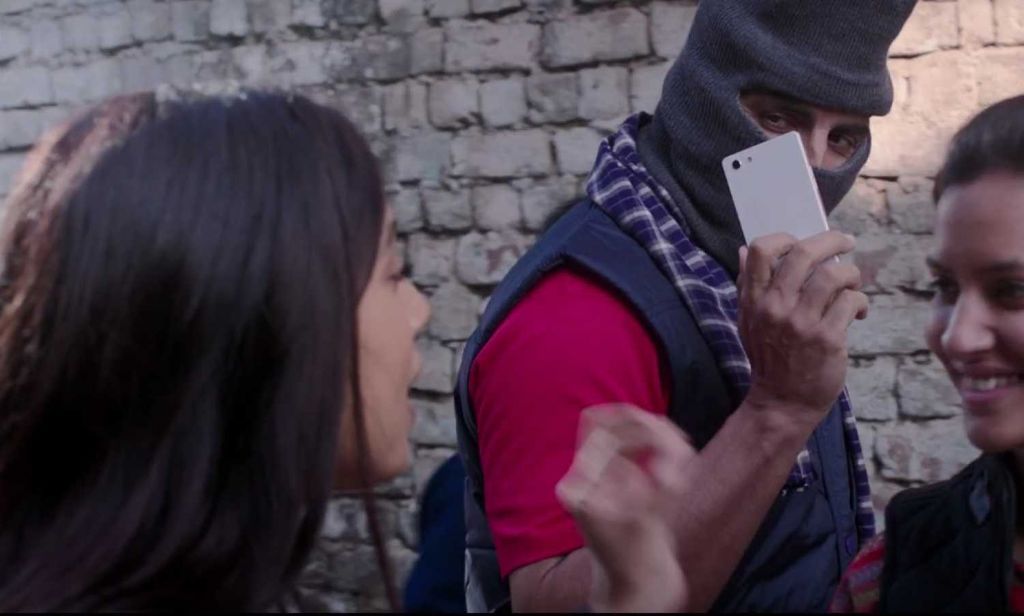
Fast forward to the year 2017 and let’s talk about Toilet: Ek Prem Katha. This is the hero of today but he is still chasing after the heroine even though she has made her refusal known. But since technology is more developed now, this new age hero goes a step further and photographs the heroine without her knowledge. Well, since obviously he is in love with her, his behavior is justified.

We are in 2019 now and Kabir Singh came like a breath of fresh air. Why? Because Kabir, the hero, is a genius. He is so much better than the rest of the heroes who have come till now because this man doesn’t even let the heroine pose a challenge by saying no. He doesn’t want to waste time in convincing her and straights up declares her as his girl even though he doesn’t know her name.
This, ladies and gentlemen, is Bollywood, fortifying the belief that a woman’s consent holds no value and reinforcing the ideas that objectification of women is A-Okay.
What Is The Situation?
Bollywood has taken it upon itself to reinforce every regressive patriarchal notion which degrades women. It is singlehandedly responsible for strengthening and normalizing sexist and misogynistic behavior in the name of entertainment.
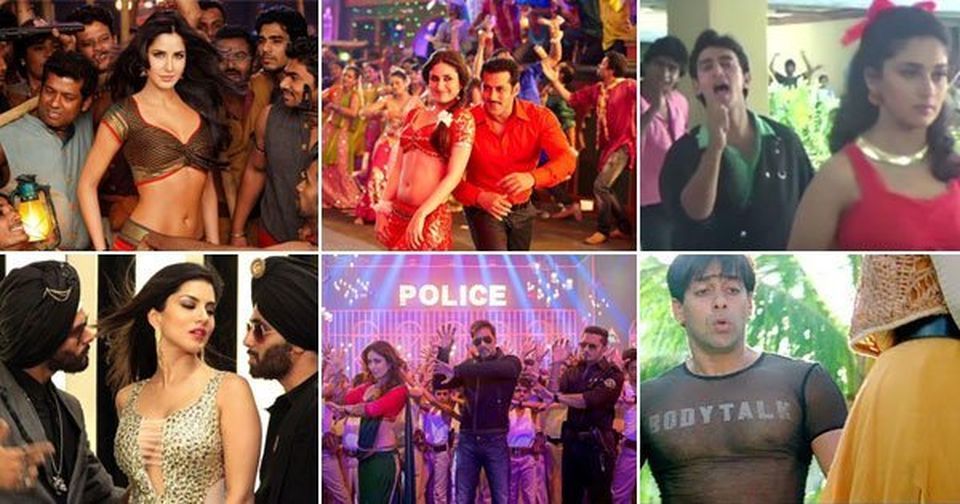
It is true that a countless number of films have been produced in the Hindi film industry. It is also true that a large part of the storyline of most of these films revolves around how to get the girl. And soon it all takes an awful turn when the hero pays no attention to what the woman in front of him has to say. He exhibits an obsessive behavior and resorts to all possible methods which also includes stalking to woo his lady love. He takes her personal space for granted. Her persistent refusal is met with further persuasion and manipulation from him. The hero makes it the goal of his life to convert the woman’s no into a yes. Because he firmly believes that deep down she means to say yes and she just doesn’t know it yet.

The moral of the story here is that stalking is okay and that a woman’s consent, her personal space, her agency or anything else to do with her doesn’t really matter. The hero is a man and knows what is right for the woman. Thus, in the end, he is the one who will decide because tu haan kar ya na kar, tu hai meri Kiran.
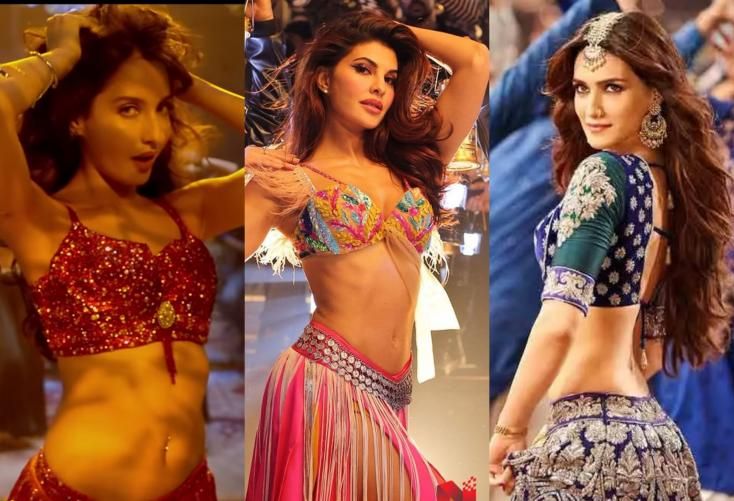
Item songs are another aspect of Bollywood films. So much is their importance that a film feels incomplete without them. No matter how serious the storyline is supposed to be, the filmmakers find really creative ways to introduce at least one item song to it. And guess who the “item” here is? Well, obviously a woman. Because patriarchal culture tells us that she is nothing more than her body which then makes it okay for Bollywood to portray her as the object she is. From Chikni Chameli to Munni Badnaam Hui, hypersexualized images of women are presented to the audience. However, we cannot and should not forget how Fevicol se took objectification up a notch and literally called women a piece of meat.
Entertainment, Entertainment, Entertainment
The stakeholders of Bollywood have more than often defended their films by calling them a means of entertainment and nothing more. They also argue that the films are a representation of the real life and human experiences. And all that is shown on the big screen is the true reality of our society. However, in the midst of earning profits, these stakeholders refuse to acknowledge the huge impact the films have on the audience.
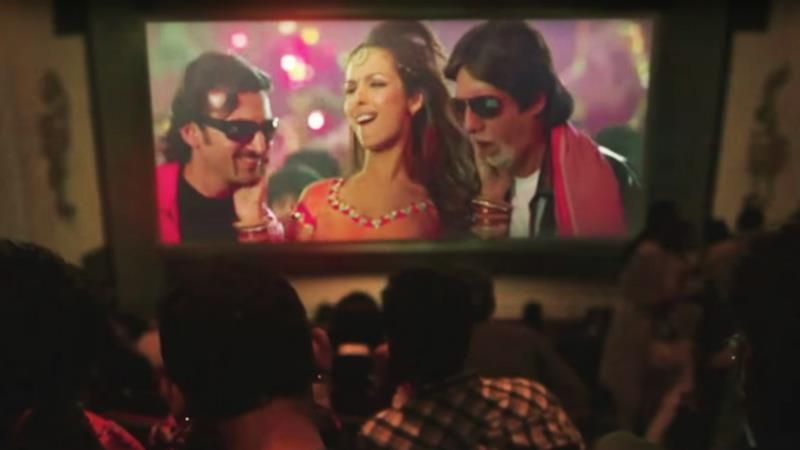
Seeing is believing and it becomes true in this case of Bollywood like any other form of media. The more these films are watched, the more normal they seem. They become a part of our memory and slowly they also become a part of our life experience. In this way, these films shape the way we view ourselves and those who are around us.
So when a woman is treated as an object on the screen, it is taken as normal in real life; when her opinion is overlooked there, it is seen as normal by us here; when she is thrashed by her husband for not making his tea properly, we also start believing that women deserve to be hit on their wrongdoings. And it is all considered okay. Because we saw it in our favorite films and films show the real life.
No True Effect
There is a faction of people who argue that films are solely meant for entertainment purposes. They also argue that the audience is capable of understanding the difference between reel and real life and that they really don’t imitate what happens in the films. To them, I will say that, yes, nobody started shooting and murdering people in cold blood after watching Gangs of Wasseypur. Not because it didn’t affect people but because murder has always been frowned upon by our society. Degrading attitudes which suppress women, on the other hand, have been very much a part of our patriarchal society and are thus seen as the normal.

So, we really need to think over what we are being fed in the name of art and entertainment. And Bollywood too needs to start challenging the system rather than reinforcing the status quo. After all, it is 2019 and not the 9th century.
